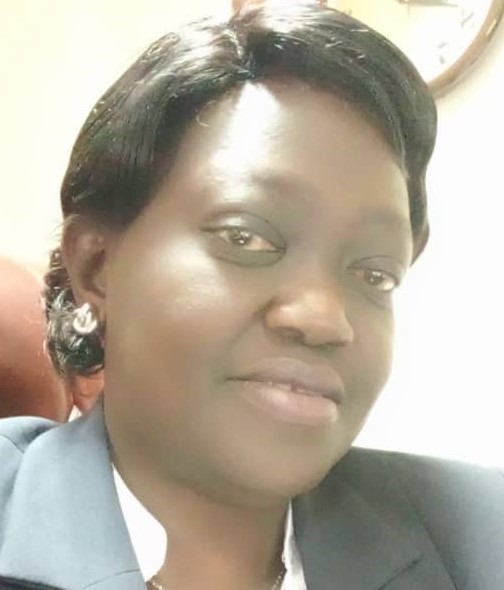Today, March 8, 2021, is International Women’s Day (IWD). A day celebrated across the globe to highlight successes and challenges women face. Celebrated under the theme ‘Choose to Challenge’, it is a clear call to push for increased visibility and changes in all aspects of life.
On the political front, South Sudanese women leaders have chosen to celebrate this day looking at the challenges facing the implementation of the Revitalized Agreement on Conflict Resolution in South Sudan, (R-ARCSS) with a particular focus on a clause that demands 35 percent representation of women across all government institutions.
The South Sudan presidency in the recent past has formed states and local governments as per the agreement. However, the national legislature and council of states are yet to be reconstituted. The women leaders hope parties will step up women nominations in these key institutions.
The minister for gender, child, and social welfare Aya Benjamin Warille says parties to the 2018 peace deal have been reluctant in honoring the 35 percent woman quota, calling it a women rights violation.
“You know, we are parties to this agreement. People come through parties. Allotments are made through parties. All parties to this agreement have not met their obligations for reasons not known to us. But as a ministry, it is our work to ask, ‘What went wrong my people?’ And as we engage parties, we get answers that are not genuine,” Mrs. Aya told Radio Tamazuj.
She pointed out that women leaders in the country will continue to advocate for the 35 percent affirmative action and the rights of girls and women, as their contribution to the search for lasting peace.
Minister Aya revealed that no public celebrations will be held due to the Covid-19 partial lockdown across the country and urged women to celebrate in their homes.
Betty Sunday, the Executive Director of the Women Action for And With Society, and a key civil society player in the peace agreement, blames the parties' leaders for lack of political will to implement the agreement in totality.
Sunday, whose organization advocates for women's rights in South Sudan, says the lack of women representation at all government levels is a clear violation of the deal.
“The heads of the peace deal, those who signed the agreement are all men, that is why it was difficult for women to be fully represented in the government. Despite these challenges we only got 26% in the national government,” she adds.
According to her, there are enough qualified women in the different parties who are up to the task.
SPLM- IO Director for Information and Public Relations, Puok Both Baluong says as a party they not only increased women representation to 40 percent but also fulfilled that commitment.
“We have shown our commitment in the national ministries to nominate three ministers and the same applies to state levels. Not only that, one of the recommendations at our national conference that was held in Juba last year, we increased the percentage from 35 percent to 40 percent. This is a result of our conviction about the importance of women in our political process and the role they played in our communities across South Sudan,” he said.
Both further reiterated his party’s commitment to ensure that women are also well represented in the upcoming formation of the national assembly and council of states.
Government spokesperson and minister of information, Michael Makuei Lueth, and a senior member of the SPLM in government, admits his party’s failure to nominate women to both national and state positions.
“Due to some different circumstances, we were unable to implement this but the process is underway to compensate this at states and the national levels. We are working currently to ensure that the percentage of women is fully represented in the government,” Makuei said.
But according to Charles Okullo, the chairperson of the civil society network in Eastern Equatoria state, women are also to blame.
Okullo believes that as much as political parties are to blame, mainly due to cultural biases against women, women have been their greatest undoing.
“The few women that are now holding positions in the government have been quiet. They do not have relationships with the grass-root women. They don’t talk anymore. They are in the government, they are earning, they are looking after their families and they don’t pick some women along with them. They don’t know that politics is in numbers. If you are alone in that high position it will not help. You need to keep in touch with all women and keep your unity,” he advised.
The Special Representative of the UN Secretary-General (SRSG) David Shearer called on the parties to accelerate the reconstitution of the national legislature and council of states and finalize the constitution paving the way for elections while adhering to the 35 percent quota for women.




